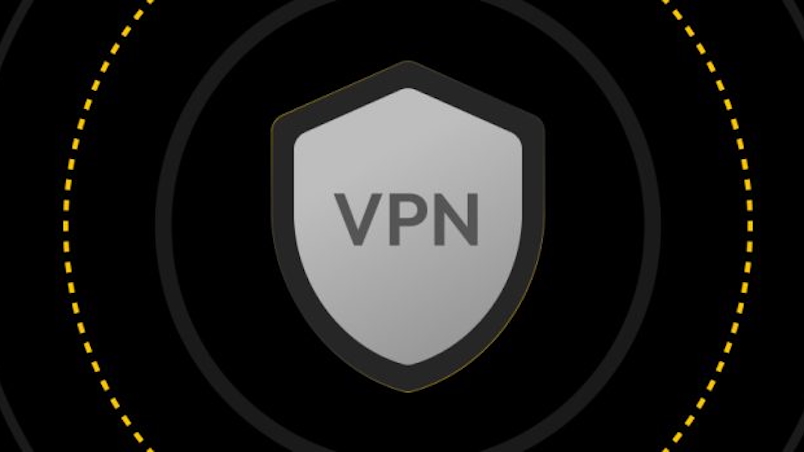Your Data Is at Risk: Follow These Tips to Secure It

Using a VPN (Virtual Private Network) is an effective way to protect your data and enhance your online privacy. Here’s how to utilize a VPN for data protection:
Understanding VPNs
A VPN creates a secure connection between your device and the internet by encrypting your internet traffic and hiding your IP address. This means that your online activities become private, making it difficult for anyone, including hackers and government agencies, to monitor your actions online.
Key Functions of a VPN:
- Encryption: VPNs encrypt your internet traffic, converting it into unreadable code, which protects sensitive information from unauthorized access.
- IP Masking: By masking your real IP address, VPNs help maintain your anonymity online, making it harder for websites and advertisers to track you.
- Secure Tunnels: The encrypted traffic is routed through a secure tunnel created by the VPN, providing an additional layer of protection against cyber threats.
Choosing the Right VPN
Selecting a reliable VPN service is crucial for effective data protection. Consider the following factors when choosing a VPN provider:
- Encryption Standards: Look for providers that offer strong encryption methods, such as AES-256, which is highly secure.
- No-Logs Policy: Choose a VPN that does not track or store your online activities, ensuring your privacy is maintained.
- Server Locations: A wider range of server locations can improve connection speeds and help bypass geo-restrictions.
- Additional Features: Some VPNs offer features like ad-blocking, malware protection, and automatic kill switches.
Setting Up Your VPN
Once you have chosen a VPN provider, setting it up is straightforward:
- Installation: Download and install the VPN software on your device. This process usually requires minimal technical knowledge.
- Configuration: Open the app and adjust the settings to ensure you are using the highest level of encryption available.
- Connection: Select a server location that suits your needs. For enhanced privacy, it’s advisable to avoid connecting to servers in your home country.
Best Practices for Using a VPN
To maximize the benefits of using a VPN, follow these best practices:
- Always Use Public Wi-Fi with a VPN: Public networks are susceptible to attacks; ensure your VPN is active before connecting.
- Enable Kill Switches: Use a VPN that includes a kill switch feature to protect your data if the connection drops unexpectedly.
- Regularly Check for Leaks: Test for DNS and IP leaks using online tools to ensure that your real IP address is not exposed.
Additional Security Measures
While a VPN significantly enhances your security, it should be part of a broader strategy:
- Strong Passwords: Use complex passwords and consider password managers for better management.
- Stay Informed: Educate yourself about phishing scams and other cyber threats to avoid falling victim to attacks.
By effectively utilizing a VPN, you can significantly enhance your data protection and maintain greater control over your online privacy. This proactive approach is essential in today’s digital landscape where cyber threats are increasingly prevalent.